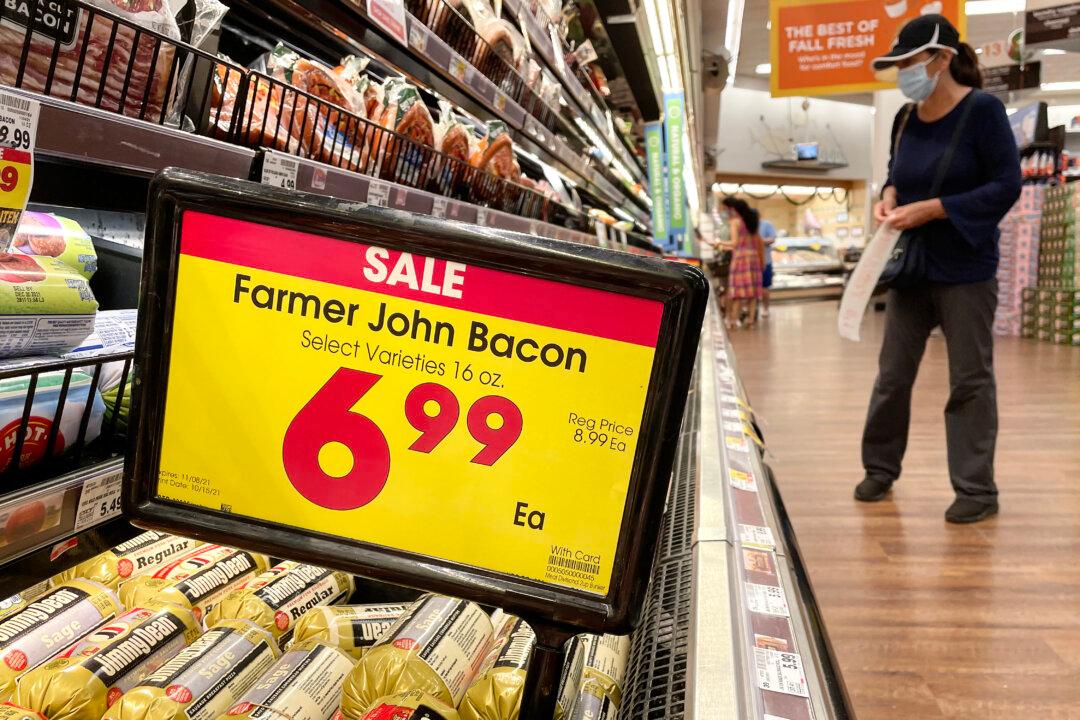U.S. consumer sentiment plunged to a decade low in November, according to a University of Michigan survey, which blamed surging inflation and a growing conviction among American consumers that no effective policies have been put in place to tame runaway prices.
The university’s consumer sentiment index fell to a reading of 66.8 in November, down nearly 7 percent from October’s reading and a 10-year low.





